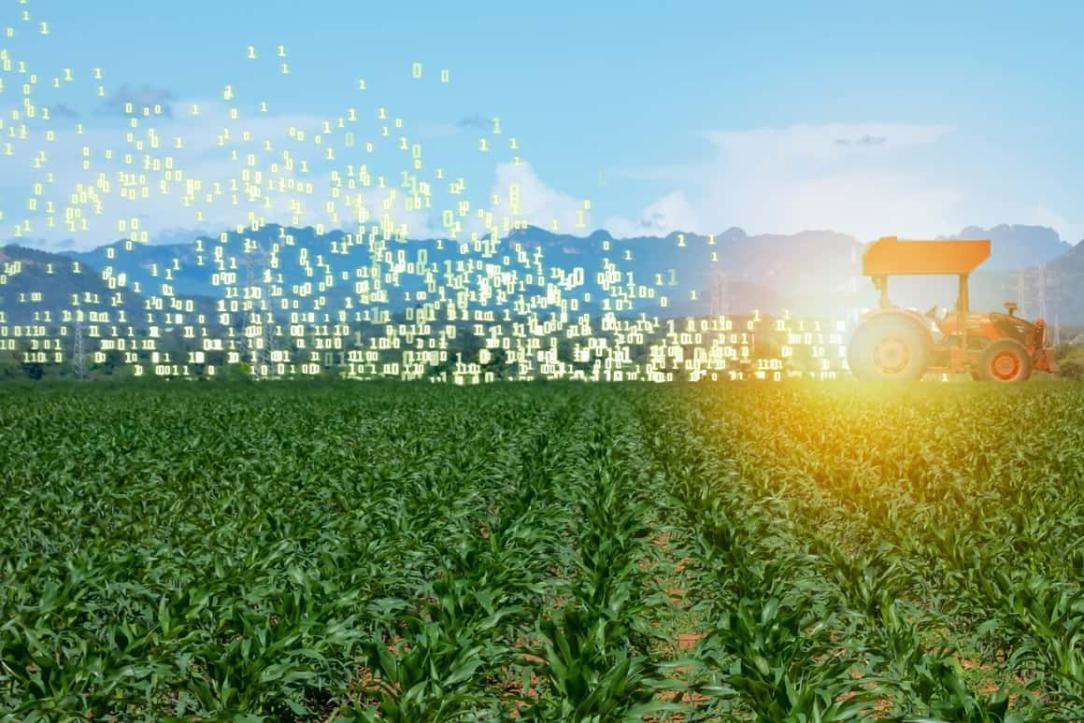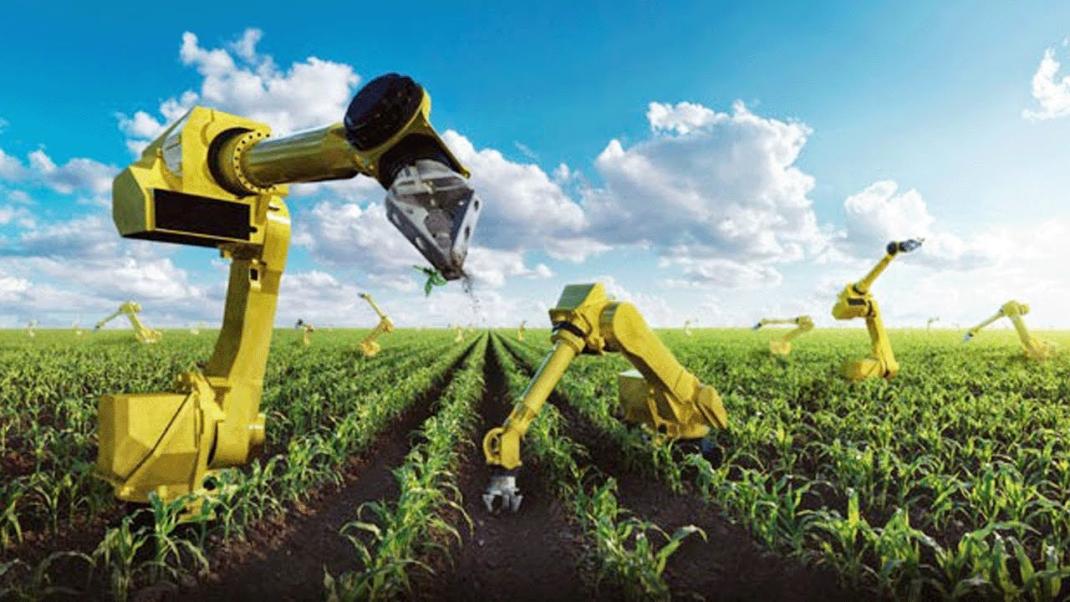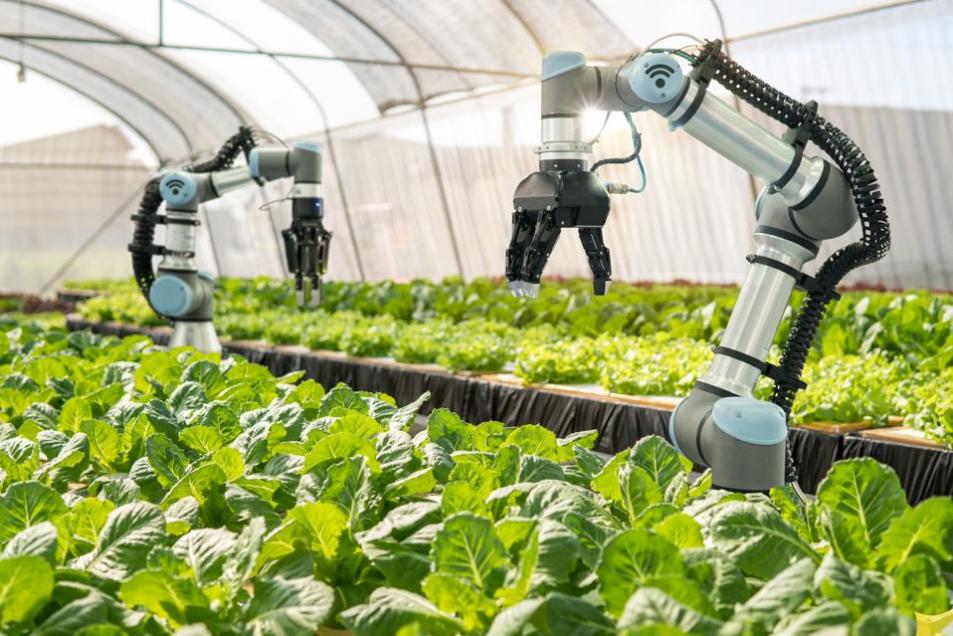AI in Livestock Management: Revolutionizing Animal Welfare and Production
Artificial intelligence (AI) is rapidly transforming various industries, and livestock management is no exception. With its ability to analyze vast amounts of data, automate tasks, and make predictions, AI has the potential to revolutionize the way we care for and produce livestock. This article explores how AI can enhance animal welfare and optimize production, leading to a more sustainable and ethical livestock industry.

AI Applications For Animal Welfare
AI-powered technologies offer numerous benefits for improving animal welfare. These applications include:
Monitoring And Tracking Animal Health And Behavior
- Using sensors and cameras to collect data on vital signs, activity levels, and behavior patterns.
- Early detection of diseases, injuries, and stress.
- Prompt intervention and treatment to improve animal welfare.
Precision Feeding And Nutrition Management
- AI-driven analysis of individual animal needs based on age, breed, and production stage.
- Customized feeding plans to optimize nutrient intake and minimize waste.
- Improved feed efficiency and reduced environmental impact.
Environmental Control And Climate Management
- AI-powered systems to monitor and adjust temperature, humidity, and ventilation.
- Creating optimal living conditions for livestock, reducing stress and improving productivity.
Disease Prevention And Control
- AI algorithms to analyze historical data and identify disease patterns.
- Predictive modeling to anticipate outbreaks and implement preventive measures.
- Enhanced biosecurity and reduced risk of epidemics.
AI Applications For Production Optimization
In addition to improving animal welfare, AI can also optimize livestock production, leading to increased efficiency and profitability. Key applications include:
Herd Management And Breeding
- AI-assisted selection of breeding stock based on genetic traits and performance data.
- Optimization of breeding programs to improve genetic diversity and productivity.
- Increased efficiency in herd management and reduced costs.
Milk Production Monitoring And Optimization
- AI-enabled sensors to track milk yield, composition, and quality in real-time.
- Early identification of cows with mastitis or other health issues.
- Improved milking practices and increased milk production.
Meat Production Optimization
- AI algorithms to analyze carcass traits and predict meat quality.
- Optimization of feeding and management strategies to enhance meat quality and yield.
- Reduced production costs and increased profitability.
Waste Management And Environmental Sustainability
- AI-powered systems to monitor and manage manure and wastewater.
- Optimization of waste treatment processes to reduce environmental impact.
- Improved sustainability and compliance with environmental regulations.
Challenges And Future Directions

While AI holds immense promise for livestock management, there are several challenges that need to be addressed. These include:
Data Privacy And Security Concerns
- Ensuring the secure collection, storage, and use of animal data.
- Implementing robust data protection measures to prevent unauthorized access.
Ethical Considerations And Animal Rights
- Addressing ethical concerns related to the use of AI in livestock management.
- Ensuring that AI technologies are used in a responsible and ethical manner.
Integration And Interoperability Of AI Systems
- Promoting the development of standardized data formats and protocols.
- Facilitating the integration of AI systems with existing farm management software.
Research And Development For Continuous Improvement
- Ongoing research to explore new and innovative applications of AI in livestock management.
- Collaboration between academia, industry, and government to drive advancements.
AI has the potential to revolutionize livestock management, leading to improved animal welfare, optimized production, and increased sustainability. By addressing the challenges and investing in research and development, we can unlock the full potential of AI to create a more ethical and sustainable livestock industry.

YesNo

Leave a Reply